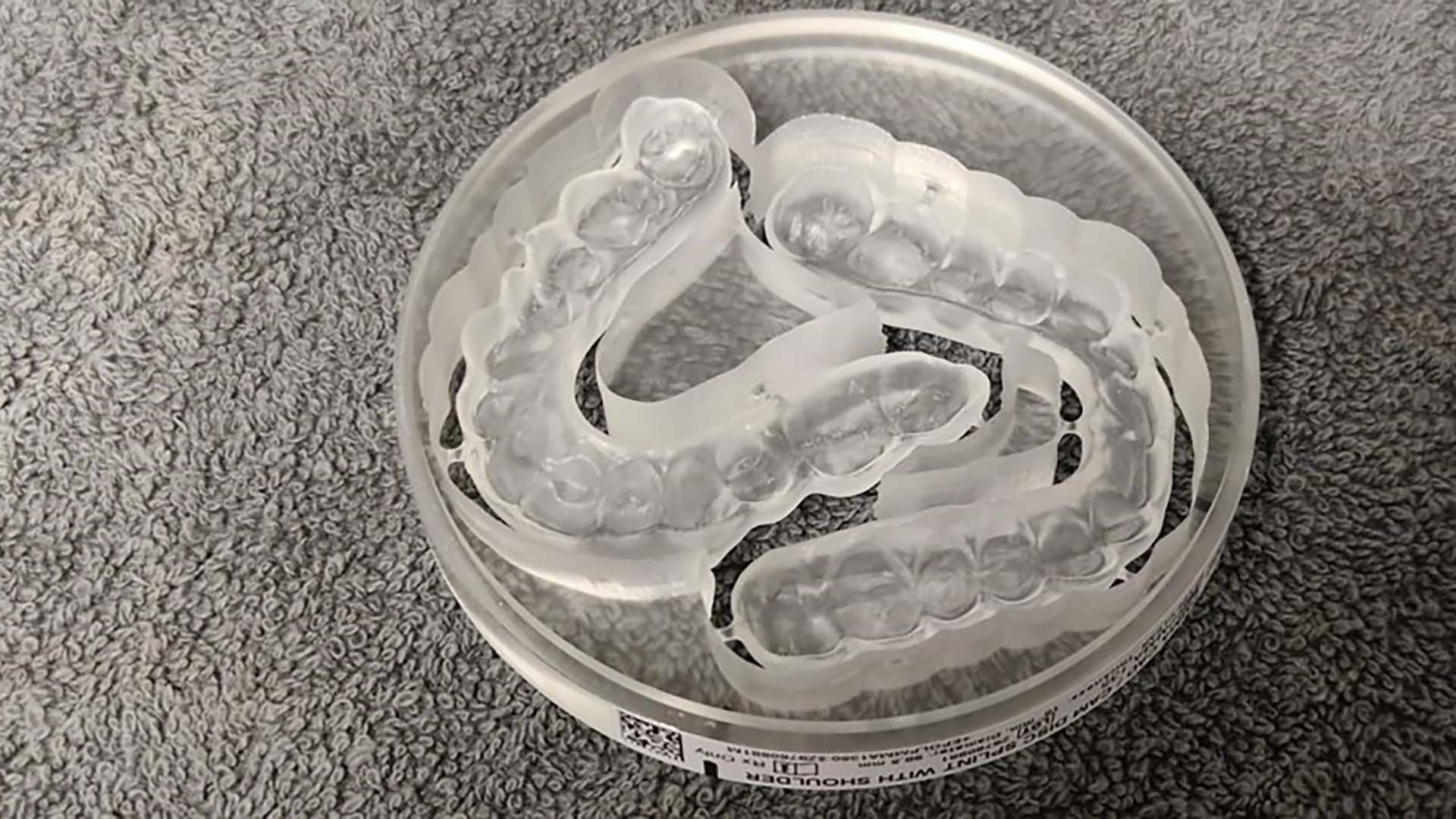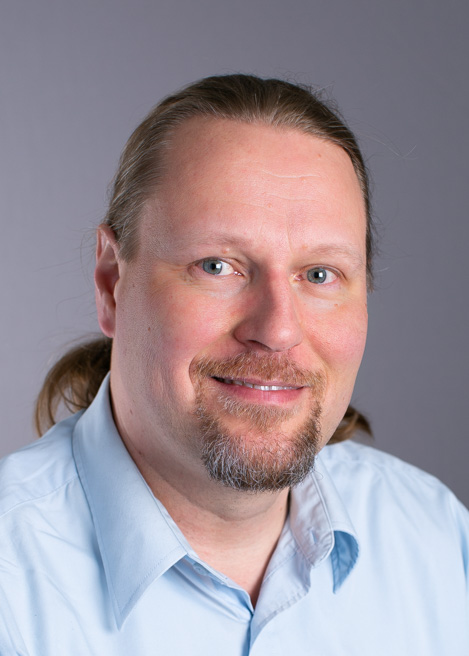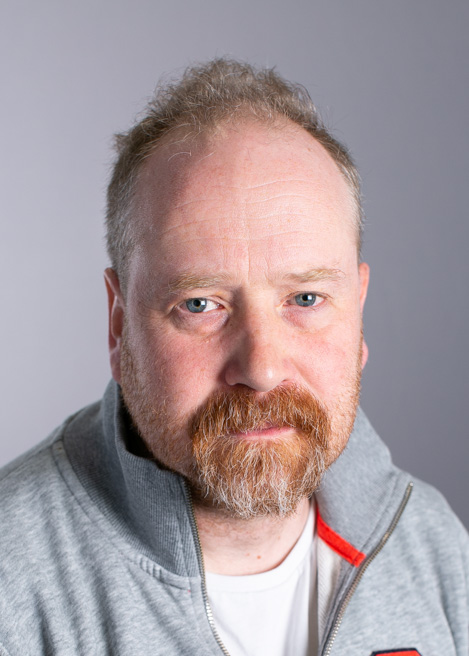Filament Print Dentistry (FilaPriDe)

Duration of the project
Source of funding
European Regional Development Fund (ERDF)

Total funding
187 140 €
The project responds to the need to reduce plastic waste in dentistry. The project aims to make use of the PMMA waste from the manufacture of milled bite blocks. The project will combine research, development and practical applications in close collaboration with industry and dental laboratories.
In the FilaPriDe project, we are developing the circular economy of dentistry by researching and creating methods that can reduce waste and recycle materials in an industry where materials in practise are not yet recycled at all. The project responds to a significant need to reduce plastic waste in dentistry and aims to utilize recycled materials by expanding 3D printing technology and the reuse of materials. This will reduce the industry’s dependence on virgin raw materials and at the same time improve cost-efficiency.
Research, development and practical applications
The project focuses on three thematic areas that combine research, development and practical applications in close cooperation with companies and dental laboratories in the field:
1. Recycling denture acrylic
The manufacturing process of dental laboratories generates a significant amount of acrylic waste (PMMA). For example, in the manufacture of dental nightguards, up to 60% of the material is wasted. Each year, the manufacturing processes of the two largest Finnish dental lab companies alone generate more than 500 kg of this kind of PMMA waste, which is currently not recycled at all. In the project, we will develop recycling guidelines and a manufacturing process to turn this PMMA waste into recycled plastic. Recycled plastic is used to make 3D printing filaments that can be reused in dental applications. The production process of printing filament is developed from crushing milling discs to recycled granules, making a mixture of crushed recycled plastic granules and virgin plastic granules and creating optimized filament extrusion parameters.
2. Expanding 3D printing in dentistry
We study and test the 3D printing method (MEX, material extrusion) in the manufacture of dental products, such as revision spoons and orthodontic models. Printing parameters such as filament feed rate and melting temperature will be optimized during the project. The aim is to demonstrate the economic and technical viability of the method and to find new indications where this cost-effective and environmentally friendly manufacturing method can replace the traditional dental 3D printing method, i.e., the vat photopolymerization 3D printing method.
3. Recycling of other medical grade plastics
The project will survey plastic grades in Southwest Finland that could be recycled and utilized using the same process. This expands the possibilities of recycling solutions in different medical sectors.
New business opportunities
In addition to supporting the goals of the EU Green Deal and Finland’s green transition to reduce the amount of plastic waste and increase recycling rates, the project has significant commercial potential. If successful, the pilot can offer new business opportunities for Finnish companies in the development and application of recycling technologies.

Contact us
Meet the research team
-
Research teams
Oral Health
-
Research teams
New materials and processes
See all our projects
We carry out nearly 200 RDI projects annually together with working life and our international partner networks.


